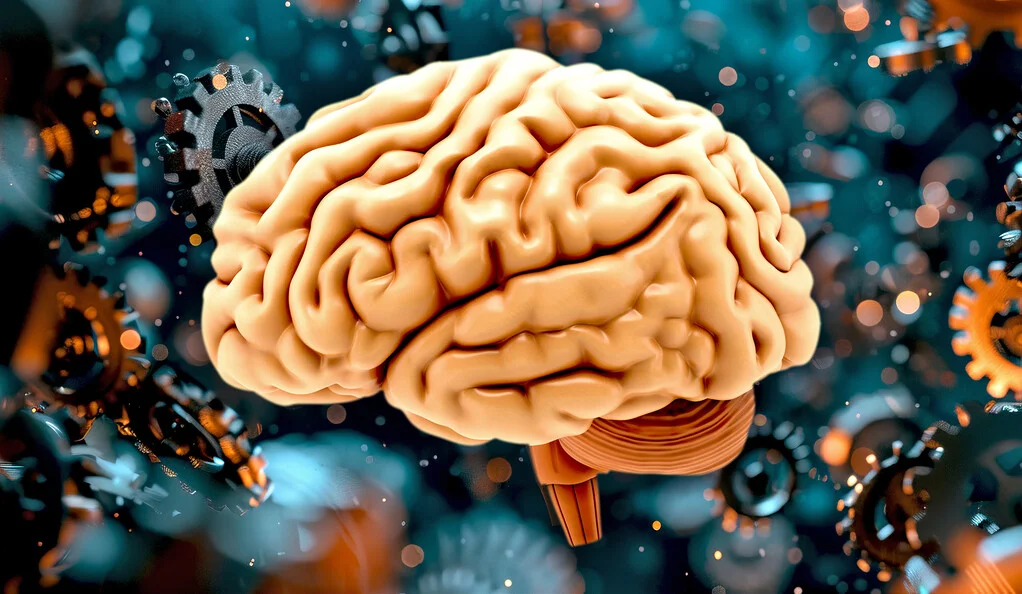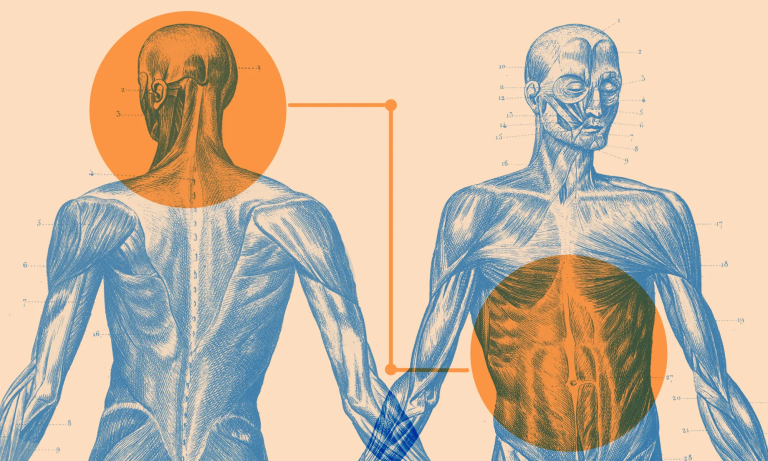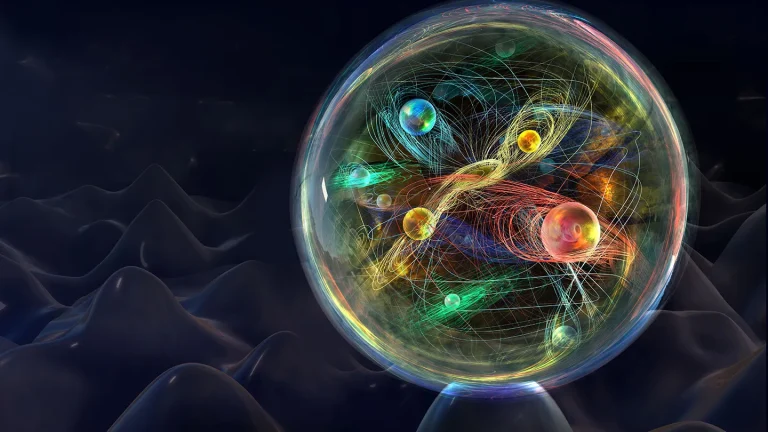
innovuscollege.com – The human brain is one of the most complex and fascinating organs in our body. Often referred to as the command center of our thoughts, emotions, and actions, the brain is responsible for a myriad of functions that enable us to interact with the world. One of its most remarkable features is its processing power, which rivals, and in some ways surpasses, the most advanced computers. Here’s a closer look at the amazing processing capabilities of the human brain.
1. Neural Network Complexity
The human brain contains approximately 86 billion neurons, each connected to thousands of other neurons through synapses. This vast network of connections forms an intricate web of communication, allowing for rapid information processing. In fact, the number of potential connections in the brain exceeds the number of stars in the Milky Way galaxy, highlighting its immense complexity.
2. Speed of Processing
The brain processes information at an astonishing rate, with signals traveling between neurons at speeds of up to 120 meters per second (268 miles per hour). This rapid communication allows us to react almost instantly to stimuli, such as dodging an oncoming object or responding to a friend’s question. For example, a simple reaction, like moving your hand away from a hot surface, occurs within milliseconds, showcasing the brain’s efficiency in processing sensory information and executing motor commands.
3. Parallel Processing Power
One of the brain’s unique advantages is its ability to perform parallel processing. Unlike traditional computers, which often process tasks sequentially, the brain can handle multiple tasks simultaneously. For example, while walking, you can listen to music, engage in conversation, and navigate your environment—all at the same time. This parallel processing allows for more efficient functioning and contributes to our ability to multitask in daily life.
4. Memory and Learning
The human brain’s processing power extends to memory and learning. It can store an estimated 2.5 petabytes of information (equivalent to about 3 million hours of TV shows) over a lifetime. When we learn something new, the brain forms new connections between neurons, reinforcing pathways that enhance our ability to recall information later. This plasticity allows the brain to adapt and reorganize itself in response to experiences, further showcasing its remarkable processing capabilities.
5. Decision-Making and Problem-Solving
The brain is also adept at decision-making and problem-solving. When faced with a choice, the brain rapidly evaluates potential outcomes, weighing risks and benefits, and helps us make informed decisions. This cognitive processing is influenced by a multitude of factors, including past experiences, emotions, and social cues, allowing for nuanced and adaptive behavior.
6. Emotional Processing
Emotions play a significant role in how we process information. The brain’s limbic system, which includes structures like the amygdala and hippocampus, processes emotional responses and integrates them into our decision-making. This means that our feelings can significantly impact our cognitive processes, influencing everything from memory recall to problem-solving.
7. Limitations and Comparisons with Computers
While the brain’s processing power is extraordinary, it is important to note that it does have limitations. For example, human attention is limited, and we cannot focus on multiple complex tasks at once as effectively as a computer can. However, the brain excels in areas like creativity, emotional intelligence, and contextual understanding—areas where computers still struggle.
8. Future Research and Understanding
Researchers are continually studying the human brain to uncover its mysteries and understand its processing power better. Advances in neuroimaging techniques, such as fMRI and PET scans, are allowing scientists to visualize brain activity in real time, providing insights into how the brain processes information during various tasks. As we learn more about the brain, we may unlock new ways to enhance cognitive function and address neurological disorders.
Conclusion
The processing power of the human brain is a marvel of nature, surpassing even the most advanced technology in many respects. With its intricate neural networks, rapid processing speeds, and ability to learn and adapt, the brain plays a pivotal role in shaping our thoughts, emotions, and actions. Understanding the brain’s capabilities not only highlights our cognitive potential but also underscores the importance of maintaining brain health throughout our lives. As research continues to evolve, we may discover even more incredible aspects of this remarkable organ.







